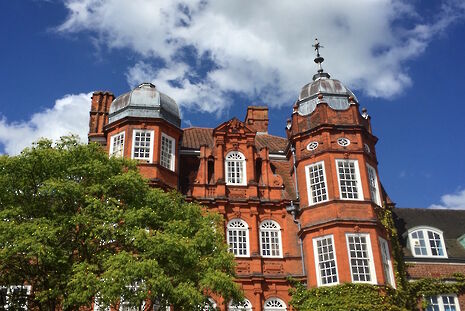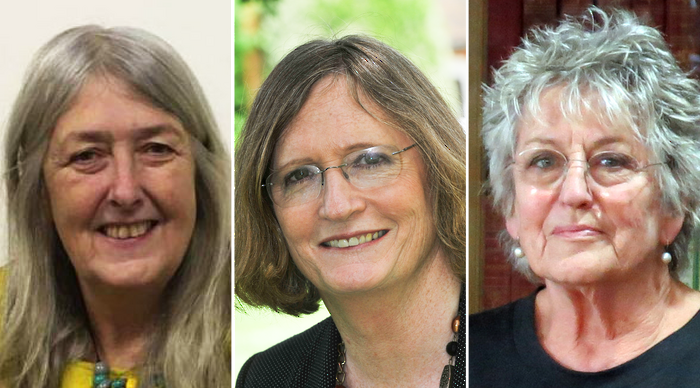Newnham and Lucy Cavendish transgender policies lag in Murray Edwards’ wake
Discussions that began in October last year are still ongoing at two of Cambridge’s women’s colleges

Attempts to renegotiate gender recognition policy at Newnham and Lucy Cavendish are progressing slowly, following Murray Edwards’ revision of their admissions policy last October.
Murray Edwards was the first of Cambridge’s three women’s colleges to remove the requirement for transgender women to have their genders legally recognised in order to qualify for application. Shortly after, both Newnham and Lucy Cavendish announced that they were undertaking a review of their policy.
After entering negotiations with the JCR committee, Newnham’s governing body released an updated policy in November. This update brought the college more in line with Murray Edwards’ policy, revising the requirement for legal recognition through the Gender Recognition Act to “formal” recognition through identification as female “on a current passport, driving licence, birth certificate or gender recognition certificate”.
However, JCR President Jess Lock expressed dissatisfaction with this amendment, saying that the committee “would like prospective students to be allowed to self-identify, rather than be forced to possess the correct documentation to prove their gender identity”.
The committee has not met with the college to discuss the policy since the update in November. However, Lock said that they intend to reactivate negotiations in the next few weeks.
“The JCR committee remains hopeful that Newnham will change its policy in order to become a more welcoming, accessible and safe place for all women,” she added, “not just those who can emotionally and financially afford to go through the process of seeking the required documentation.”
Unlike a gender recognition certificate, the “formal” identification now accepted such as a driving licence or passport can be obtained before the age of 18. However, application for these documents still requires medical evidence from a doctor or medical consultant confirming that the change of gender is “likely to be permanent”. A 2016 report by the Women and Equalities Select Committee condemned this requirement as “inappropriately medicalis[ing]”, with the government subsequently announcing that the restriction would be broadened. Two years on, however, the policy has not yet been amended.
Speaking to Varsity, JCR Women’s Officer Ruby Kwong echoed Lock’s comments. They said that while the new policy “makes some progress” because the documentation required no longer excludes most undergraduate applicants on the basis of age, “the new policy does not go far enough in removing barriers to trans women’s applications”.
“The requirement for documentation is an issue of access,” they explained, “because acquiring documentation is arduous and expensive. The stance of the JCR committee, as of October 2017, is that Newnham should accept all self-identifying trans women, without need for documentation.”
The process has been slow at Lucy Cavendish. Currently, the college still bases gender qualification on legal recognition, meaning that trans women must obtain a gender recognition certificate prior to entry. This policy has not been updated since the review was announced.
Speaking to Varsity, a spokesperson for Lucy Cavendish said that discussions are still ongoing, with the first of a series of student consultations being planned for March. The college emphasised the importance of dialogue, stating that there is no date set and it is “impossible to say” what the likely outcome would be, but that “the important thing at this stage is inviting discussion and listening to everyone’s viewpoints”
 Comment / College rivalry should not become college snobbery30 January 2026
Comment / College rivalry should not become college snobbery30 January 2026 Features / Are you more yourself at Cambridge or away from it? 27 January 2026
Features / Are you more yourself at Cambridge or away from it? 27 January 2026 Science / Meet the Cambridge physicist who advocates for the humanities30 January 2026
Science / Meet the Cambridge physicist who advocates for the humanities30 January 2026 News / Cambridge study to identify premature babies needing extra educational support before school29 January 2026
News / Cambridge study to identify premature babies needing extra educational support before school29 January 2026 News / Vigil held for tenth anniversary of PhD student’s death28 January 2026
News / Vigil held for tenth anniversary of PhD student’s death28 January 2026










